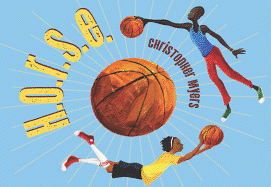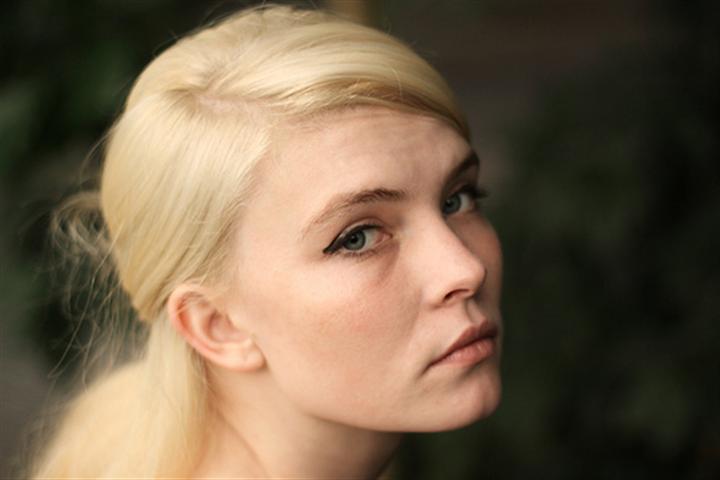 Born and raised in Northern California, Kathleen Alcott now lives in Brooklyn, N.Y. Her work appears on The Rumpus and in American Short Fiction; Slice; Volume 1 Brooklyn; Explosion-Proof; and Rumpus Women, Volume 1, an anthology of personal essays. Her debut novel, The Dangers of Proximal Alphabets, was just published by Other Press. She is currently at work on her second novel.
Born and raised in Northern California, Kathleen Alcott now lives in Brooklyn, N.Y. Her work appears on The Rumpus and in American Short Fiction; Slice; Volume 1 Brooklyn; Explosion-Proof; and Rumpus Women, Volume 1, an anthology of personal essays. Her debut novel, The Dangers of Proximal Alphabets, was just published by Other Press. She is currently at work on her second novel.
On your nightstand now:
Adam Haslett's You Are Not a Stranger Here. I'm at a turning point in the novel I'm working on, and so my reading habits turn to shorter works; I think it's a support system. I need short, powerful injections as I can't commit to a longer narrative. Each story in Haslett's collection is a reminder of how much power lies in negative space.
Favorite book when you were a child:
Harold and the Purple Crayon by Crockett Johnson. There's a tattoo on my wrist to prove it, and it makes me happy every day, when I wake up and see it.
Your top five authors:
David Foster Wallace, Lorrie Moore, Gabriel García Márquez, Vladimir Nabokov and Alice Munro.
Book you've faked reading:
The Bible. I was raised without religion, but I always had a sense of how Christianity had influenced storytelling, and I wanted a closer connection to that power. The summer I was maybe 13, I carried it around and tried to cultivate an earnest interest. I failed and went swimming instead.
Book you're an evangelist for:
I have had serious, up-all-night discussions overseen by the close presence of David Foster Wallace's Infinite Jest. It's as if I could not speak falsely with the book around. My torn-up, stained, dog-eared, underlined copy was lost in the mail when I moved across the country, and I may have cried.
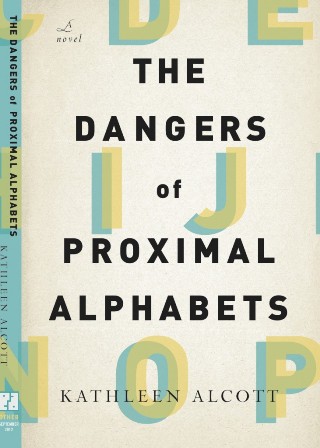 Book you've bought for the cover:
Book you've bought for the cover:
My Mistress's Sparrow Is Dead, a collection of love stories compiled by Jeffrey Eugenides. I just remember running my hands over the embossed heart in the bookstore and heading to the cashier straightaway.
Book that changed your life:
My father read me stories from García Márquez's Strange Pilgrims when I was eight or nine, and I think that was the first time I truly recognized the writer's curatorial agency--like, he can make those kids drown in light? You can do that? That was attractive to me, because I was always trying to paint my surroundings as a little more spectacular, and it occurred to me this was the true path toward that. I started writing less traditionally after hearing those stories: hallways that turned to jungles at night, dead people coming back to eat the leftovers in the fridge.
Favorite line from a book:
"Never a temple, her body had gone from being a home, to being a house, to being a phone booth, to being a kite." --Lorrie Moore, "Real Estate," Birds of America
Book you most want to read again for the first time:
Lauren Groff's Arcadia. She so capably architected a whole universe that grew as the protagonist Bit did--it's this stunning string of bells that slowly add up to an unforgettable song--and I never wanted to leave.
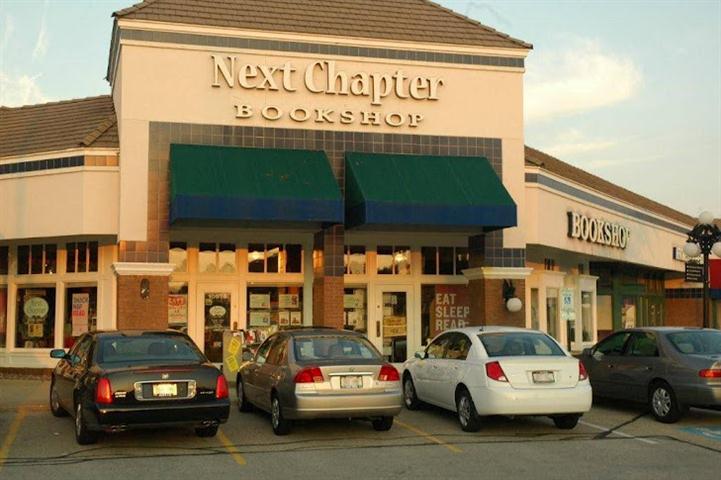 In a statement, Hurley wrote in part, "Thank you to all of our loyal customers for your support. Thank you to our friends in publishing for allowing us to bring the most unique and entertaining voices to others. Thank you to authors near and far, whose visits and kind words will always be remembered. Every story has an ending."
In a statement, Hurley wrote in part, "Thank you to all of our loyal customers for your support. Thank you to our friends in publishing for allowing us to bring the most unique and entertaining voices to others. Thank you to authors near and far, whose visits and kind words will always be remembered. Every story has an ending."







 The flip side of Amazon's collection of sales tax in many more states is the building this year of 18 warehouses, mostly in heavily populated states like California, New Jersey and Virginia.
The flip side of Amazon's collection of sales tax in many more states is the building this year of 18 warehouses, mostly in heavily populated states like California, New Jersey and Virginia. In a product review entitled "
In a product review entitled "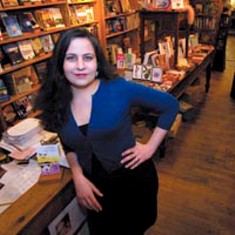 Local bookseller Fountain Books, which has long supported Robbins, is, however, not carrying this book. Owner Kelly Justice explained: "It's published by my competition, so I can't do that. It puts me in a very awkward position because I've been selling David's books since his first, which is now out of print. It's disappointing and saddening that I won't be able to support this book. It breaks my heart, honestly." (Check out Justice's
Local bookseller Fountain Books, which has long supported Robbins, is, however, not carrying this book. Owner Kelly Justice explained: "It's published by my competition, so I can't do that. It puts me in a very awkward position because I've been selling David's books since his first, which is now out of print. It's disappointing and saddening that I won't be able to support this book. It breaks my heart, honestly." (Check out Justice's BINC.1118.T2.2024YEARENDCAMPAIGN.jpg)
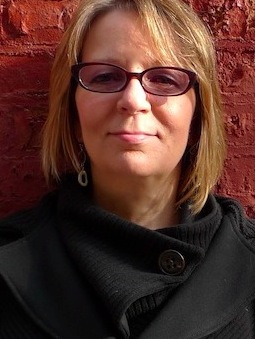 Effective September 17, Leigh Haber is joining O, The Oprah Magazine as books editor. She was most recently editor-at-large at Chronicle Books and consultant to the publishing-on-demand platform Blurb. Earlier she held editorial roles at Scribner, Hyperion, Rodale and Harcourt. She replaces Sara Nelson, who joined Amazon.com earlier this year.
Effective September 17, Leigh Haber is joining O, The Oprah Magazine as books editor. She was most recently editor-at-large at Chronicle Books and consultant to the publishing-on-demand platform Blurb. Earlier she held editorial roles at Scribner, Hyperion, Rodale and Harcourt. She replaces Sara Nelson, who joined Amazon.com earlier this year.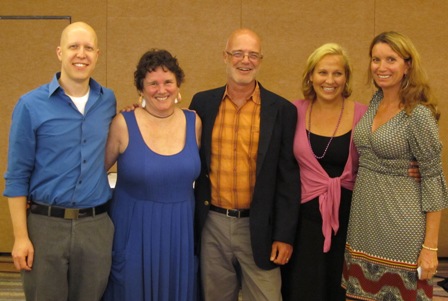
 Last week, eight squatters entered a recently closed north London library through an open window and "
Last week, eight squatters entered a recently closed north London library through an open window and "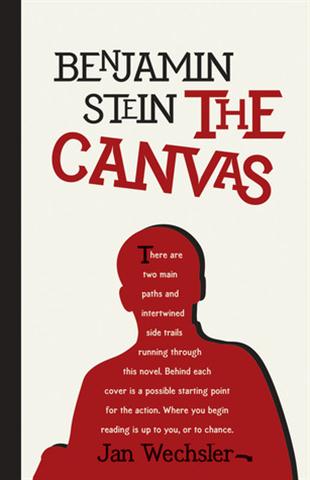 The publisher wrote: "Loosely based on the true story of Binjamin Wilkomirski, whose fabricated 1995 Holocaust memoir transfixed the reading public, The Canvas has a singular construction--its two interrelated narratives begin at either end of the book and meet in the middle. Amnon Zichroni, a psychoanalyst in Zurich, encourages Minsky to write a book about his traumatic childhood experience in a Nazi death camp, a memoir that the journalist Jan Wechsler claims is a fiction. Ten years later, a suitcase arrives on Wechsler's doorstep. Allegedly, he lost the suitcase on a trip to Israel, but Wechsler has no memory of the suitcase, nor the trip, and he travels to Israel to investigate the mystery. But it turns out he has been to Israel before, and his host on the trip, Amnon Zichroni, has been missing ever since.
The publisher wrote: "Loosely based on the true story of Binjamin Wilkomirski, whose fabricated 1995 Holocaust memoir transfixed the reading public, The Canvas has a singular construction--its two interrelated narratives begin at either end of the book and meet in the middle. Amnon Zichroni, a psychoanalyst in Zurich, encourages Minsky to write a book about his traumatic childhood experience in a Nazi death camp, a memoir that the journalist Jan Wechsler claims is a fiction. Ten years later, a suitcase arrives on Wechsler's doorstep. Allegedly, he lost the suitcase on a trip to Israel, but Wechsler has no memory of the suitcase, nor the trip, and he travels to Israel to investigate the mystery. But it turns out he has been to Israel before, and his host on the trip, Amnon Zichroni, has been missing ever since.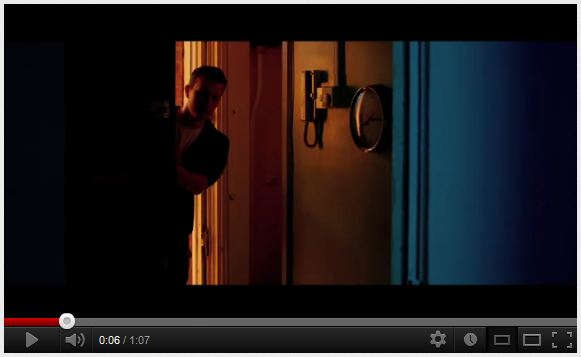 Crusher
Crusher Born and raised in Northern California,
Born and raised in Northern California,  Book you've bought for the cover:
Book you've bought for the cover: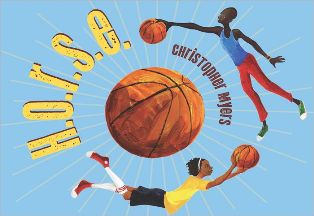 In this brilliant meditation on basketball and imagination, Caldecott Honor artist Christopher Myers (Harlem; Wings) describes the game as a series of maneuvers, bluffs and boasts between two players who connect through competition. It's an exercise of the mind more than the body, though there's no doubt as to the athleticism of the two young men.
In this brilliant meditation on basketball and imagination, Caldecott Honor artist Christopher Myers (Harlem; Wings) describes the game as a series of maneuvers, bluffs and boasts between two players who connect through competition. It's an exercise of the mind more than the body, though there's no doubt as to the athleticism of the two young men.